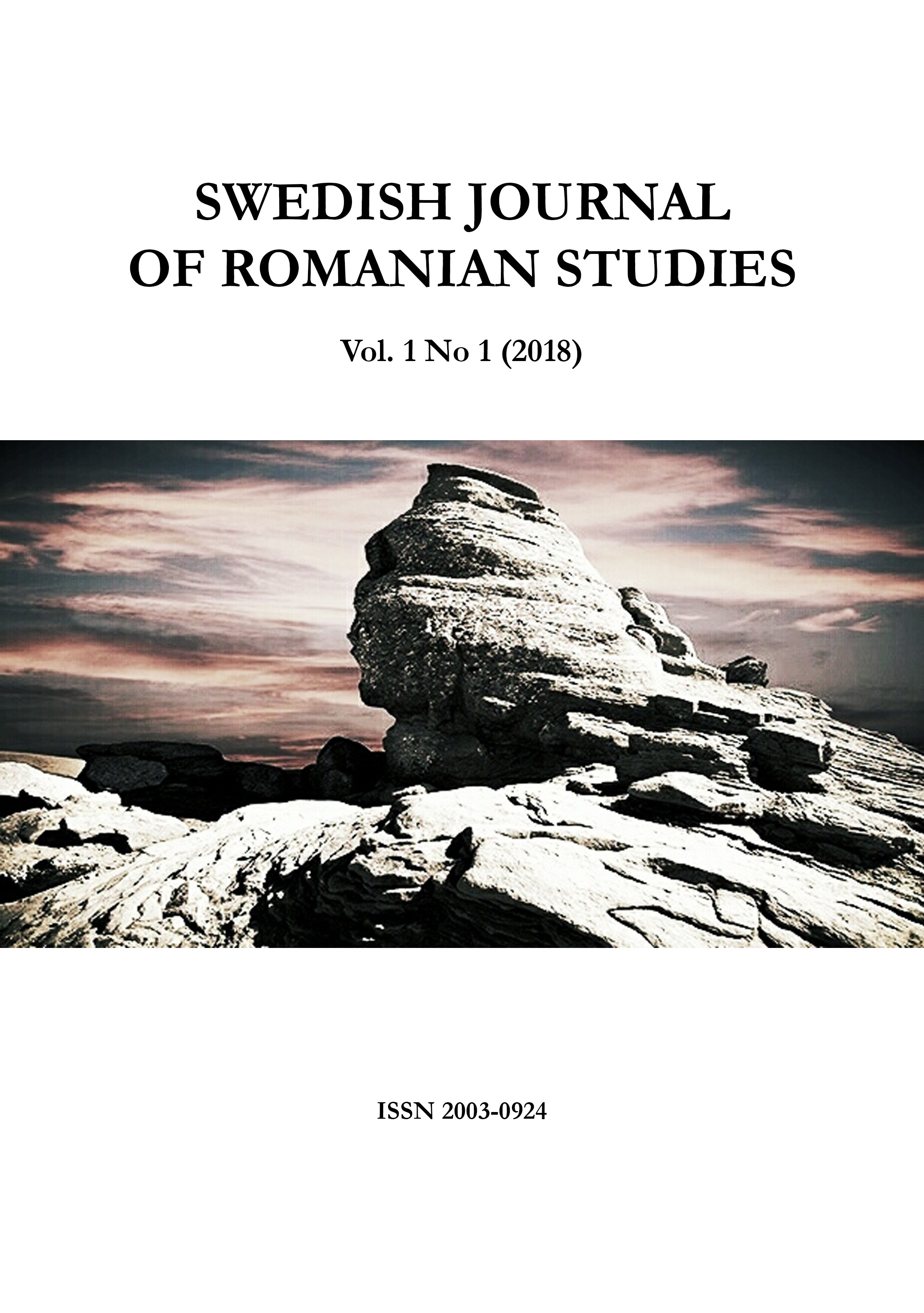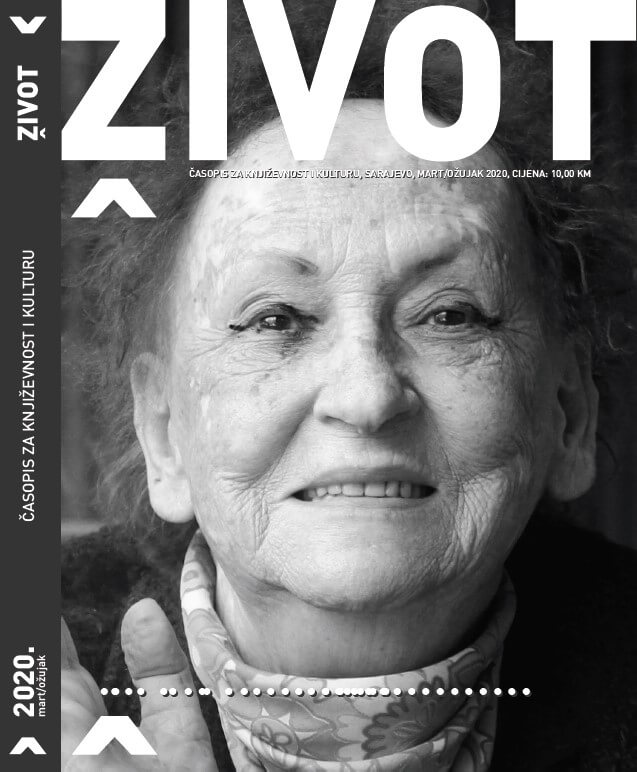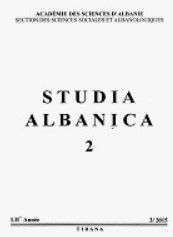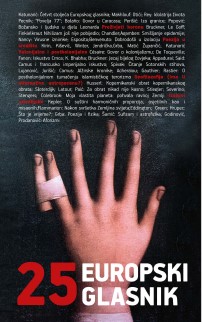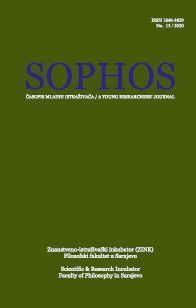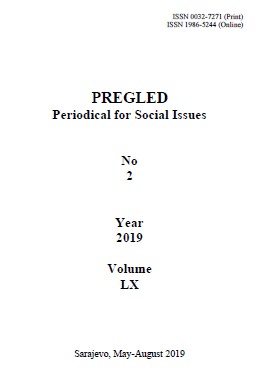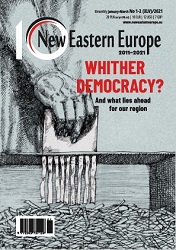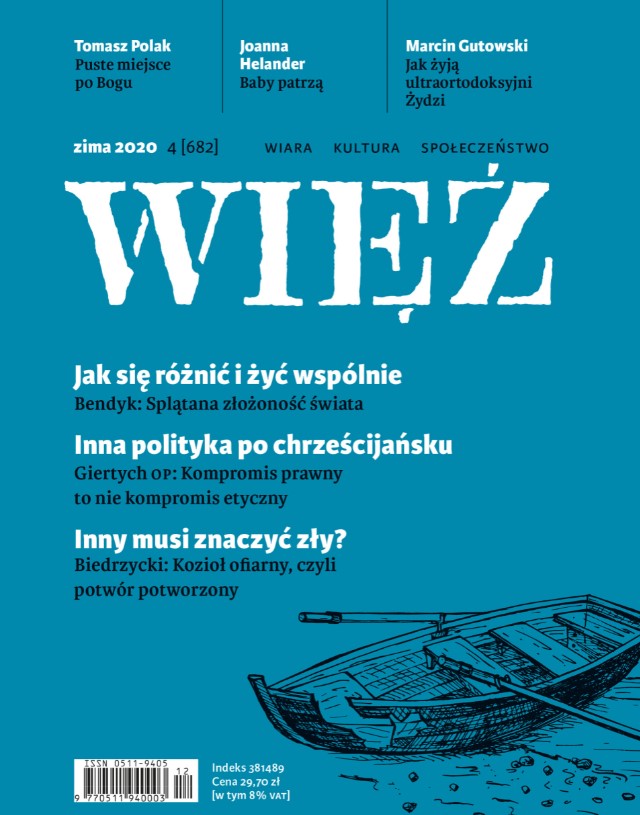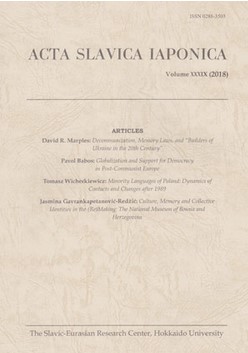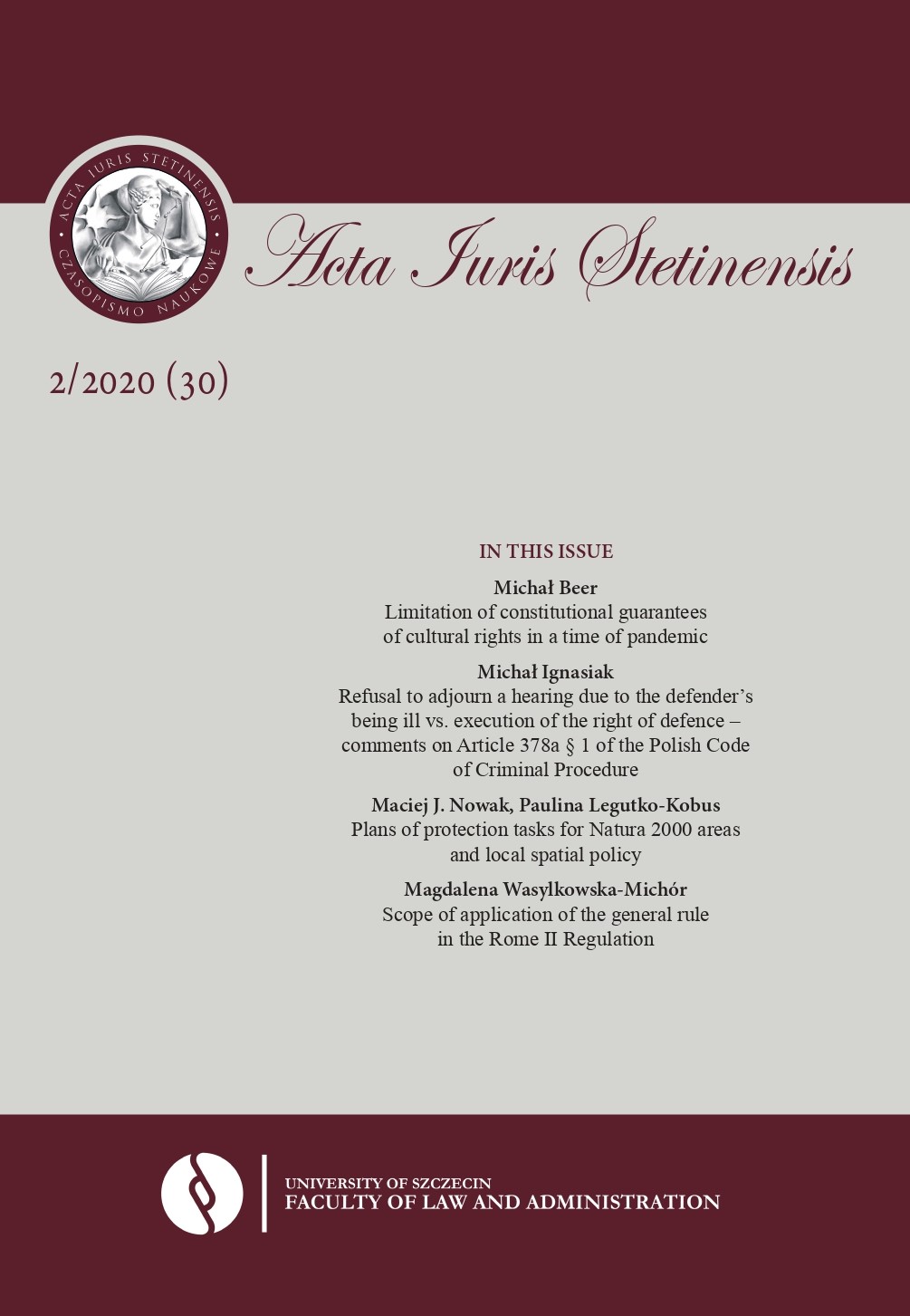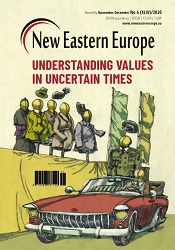SOME QUESTIONS ON HUNGARIAN-SOVIET RELATIONS 1949-1955
By late 1949 the bipolar structure of the world had already taken shape. Both the United States and the Soviet Union had decided that not only was there no longer any ground for their cooperation, but to continue cooperating would menace their respective positions in the world, if not their very existence. Hence the most pressing issues that faced the victorious powers remained unresolved. No collective peace treaty was signed with Japan, and Germany ended up as two separate states. The division of Germany had not been premeditated, but it was probably inevitable. Nevertheless, Stalin, at least, may have kept hoping for its unification until his note of 1952 was turned down by the Western powers. World politics seemed now to function as a zero-sum game: a loss for one superpower constituted a gain for the other, and vice-versa. A case in point was China, where Mao Tse-tung’s victory meant the “loss” of that country for the United States. This loss was exploited by Stalin through the signing with China of a pact of friendship that guaranteed military, political and economic gains for the Soviet Union. In exchange Moscow recognized Chinese sovereignty and the Chinese communist party’s preeminence in leading revolutionary movements in the Asian region.
More...
